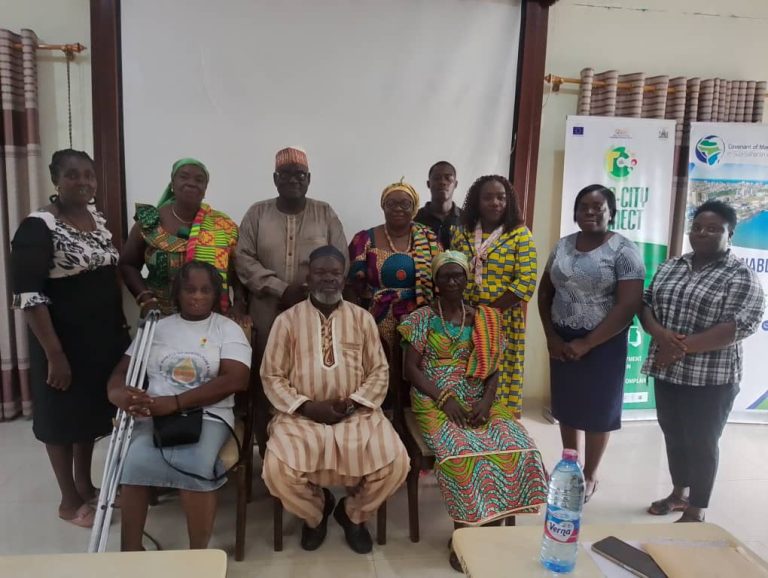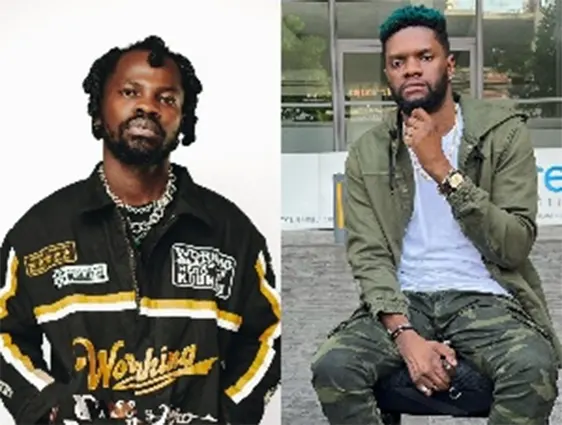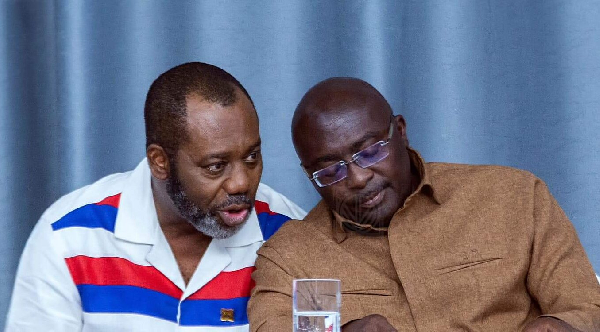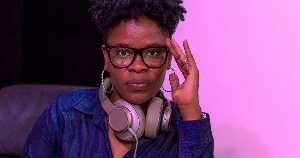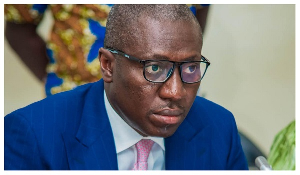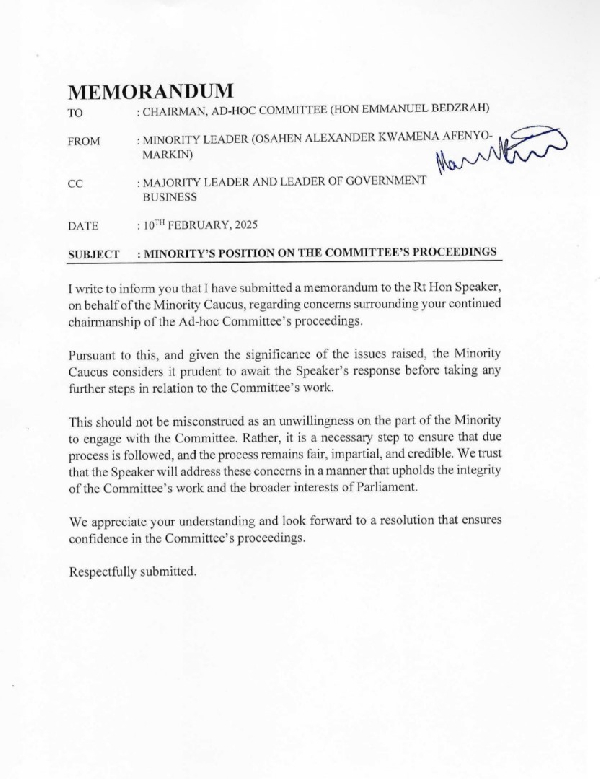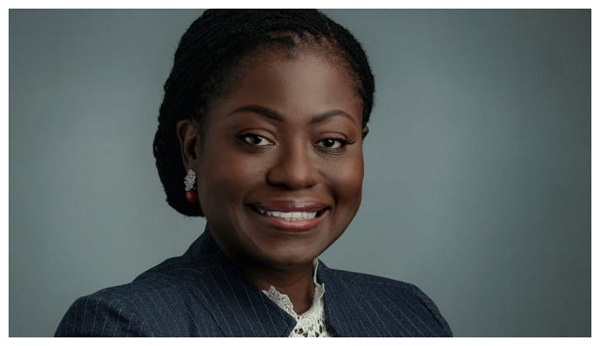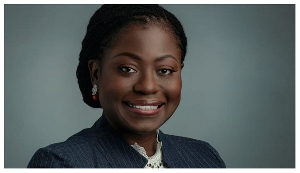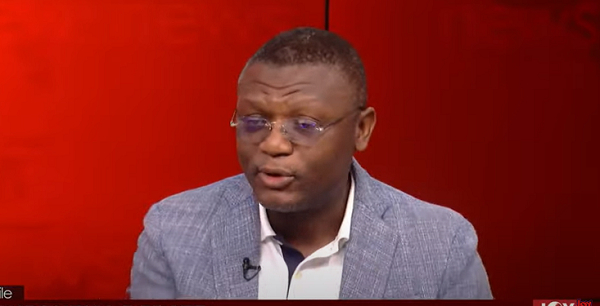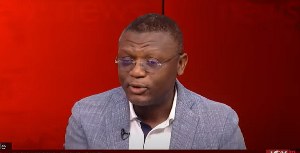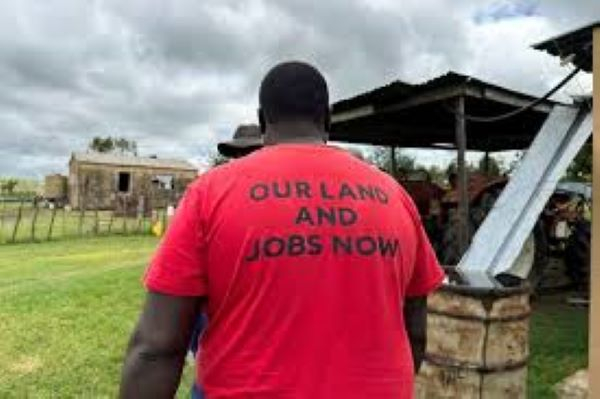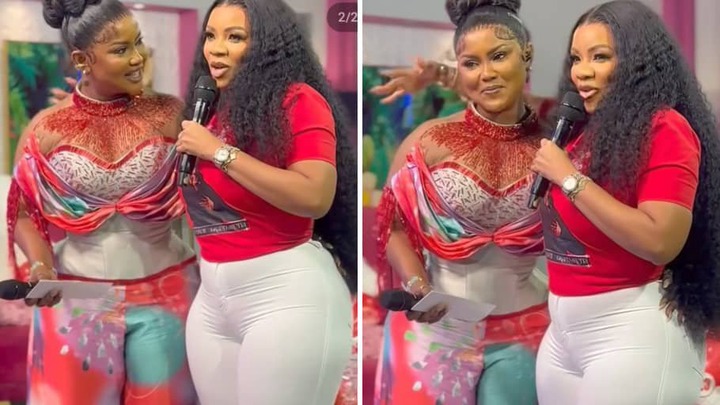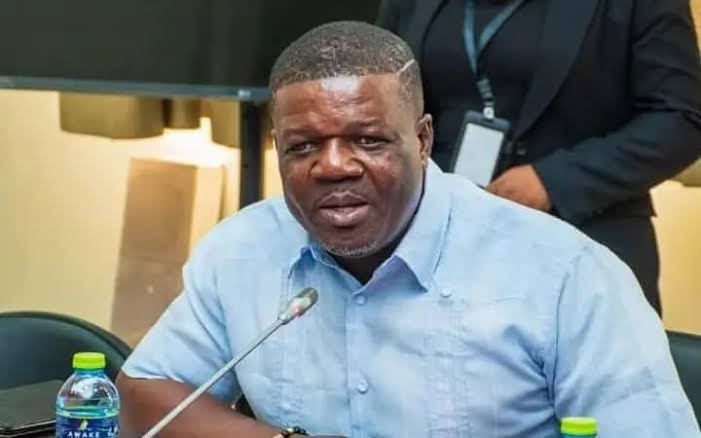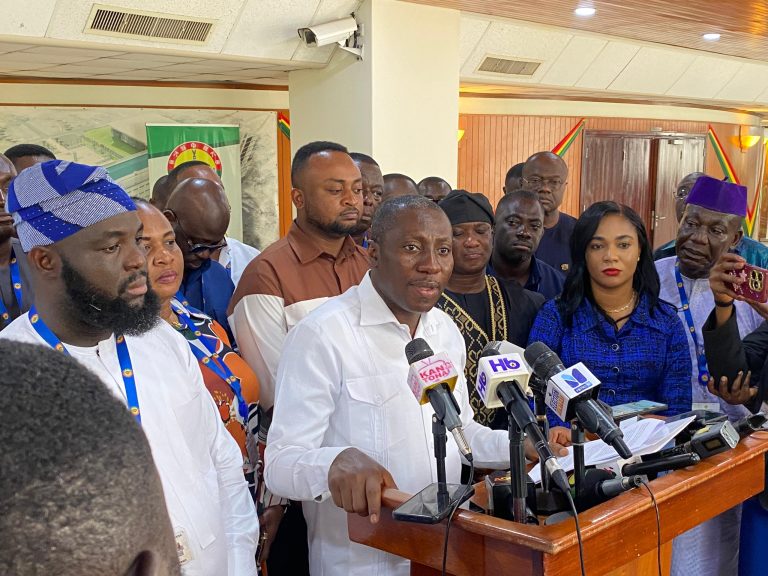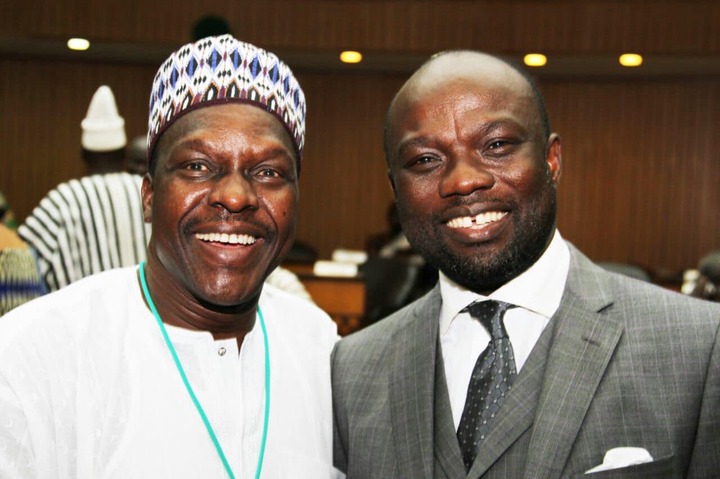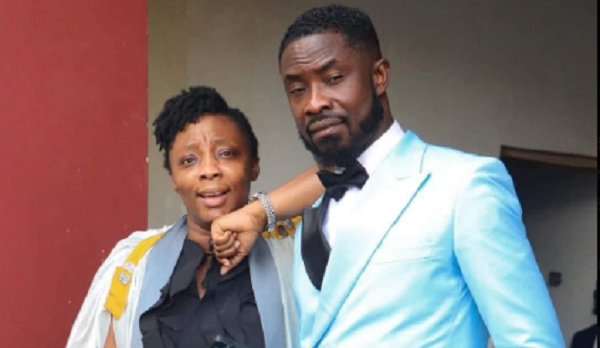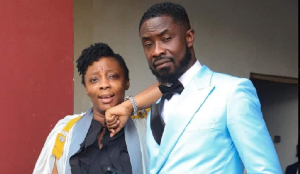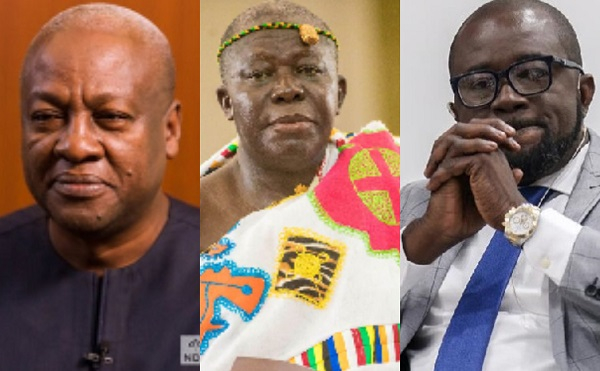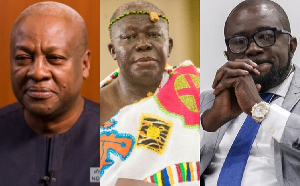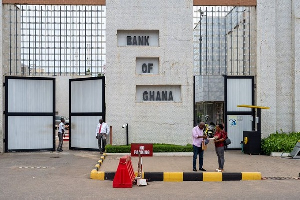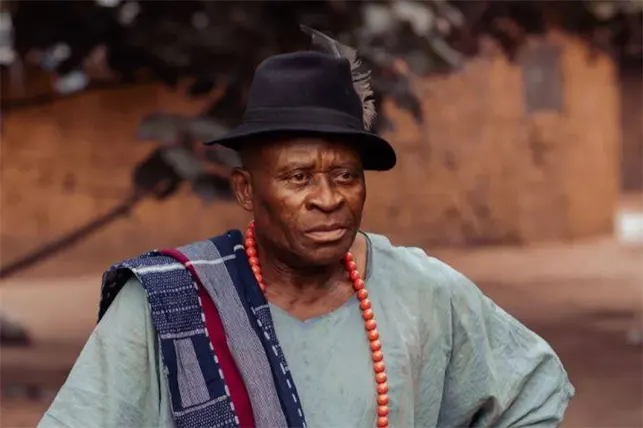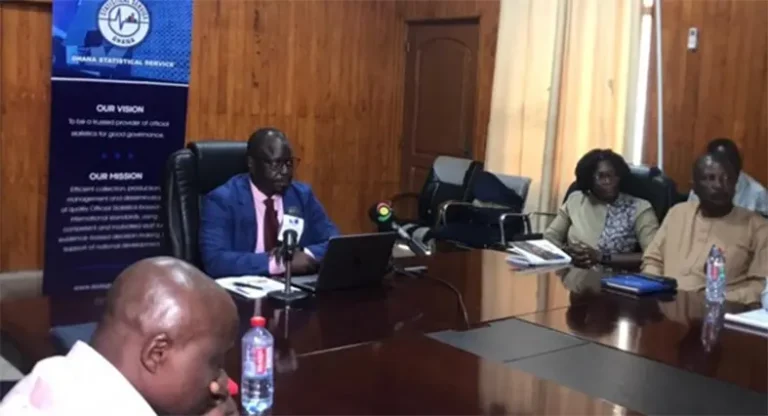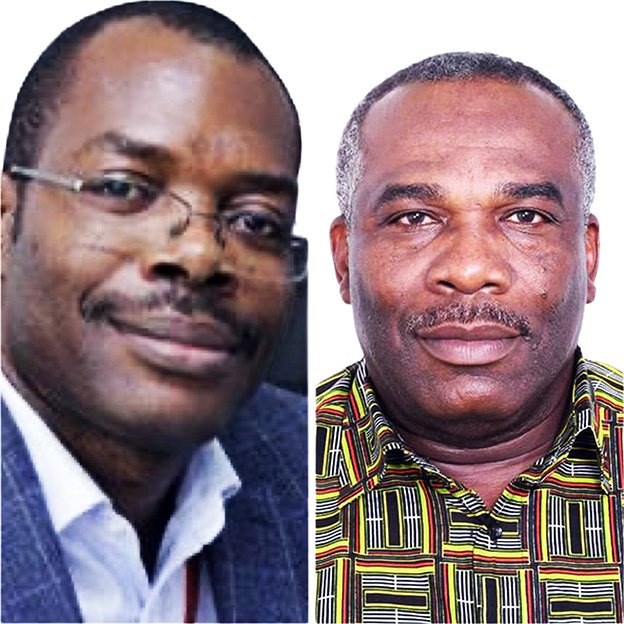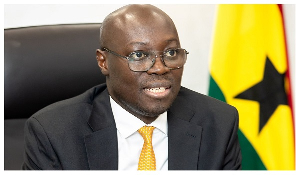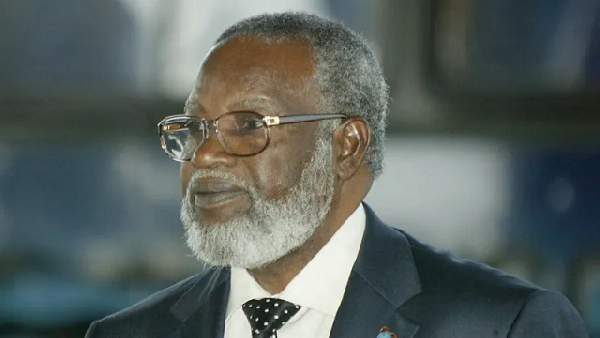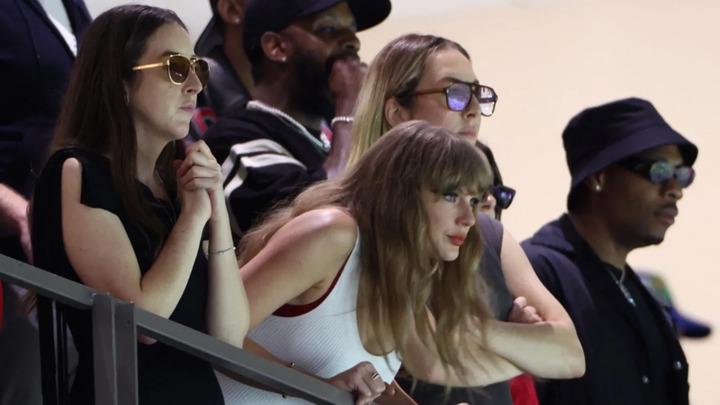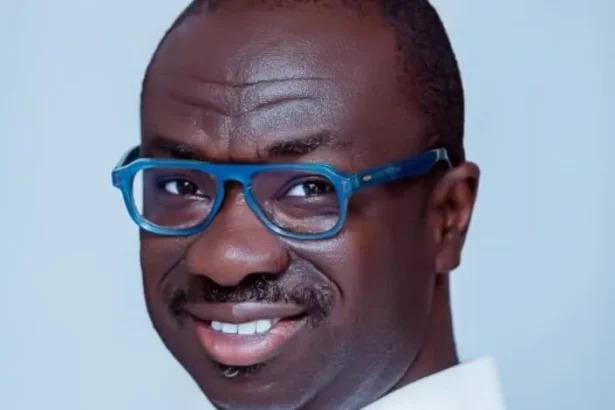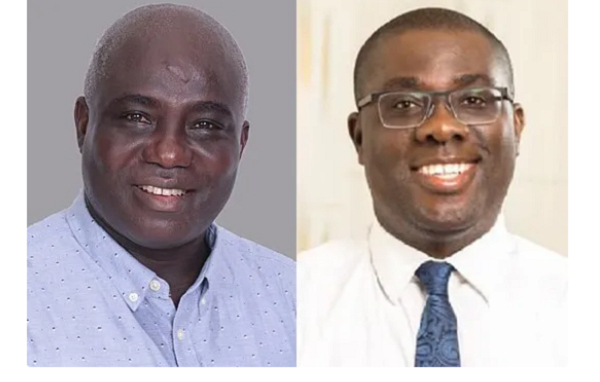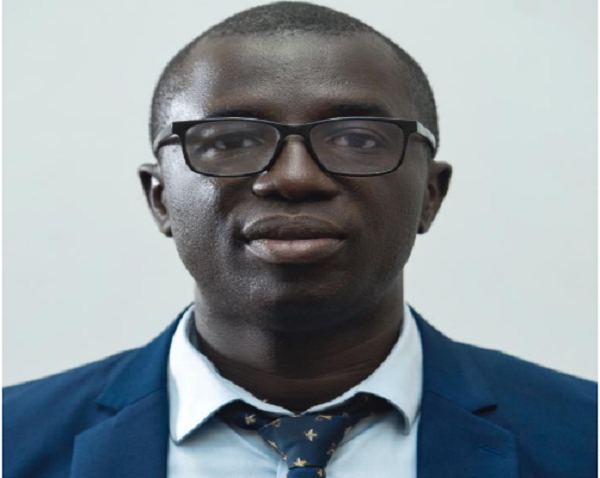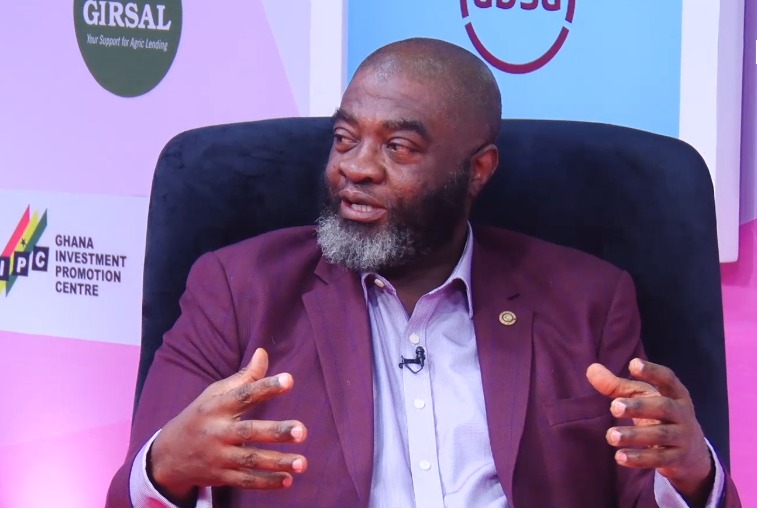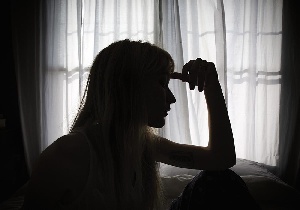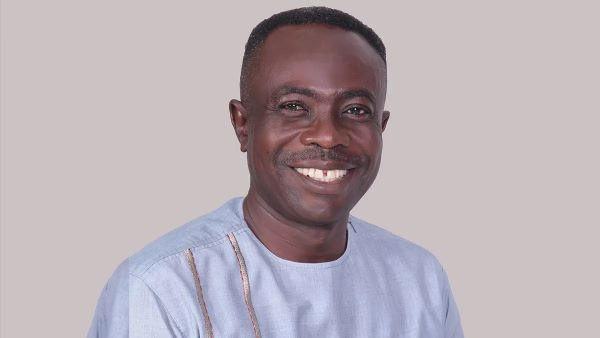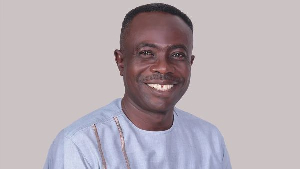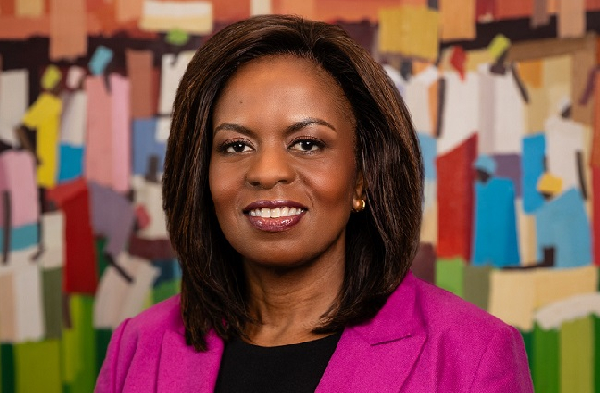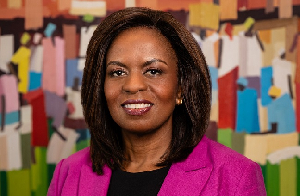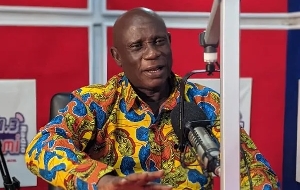Since the 2024 Election ended, post election analysis of the results have been going on with varied reasons being given for the outcome, especially the NPP’s surprise defeat.
While many have blamed the NPP’s defeat on actions and inactions of the erstwhile Akufo-Addo government, which some say angered many to punish the party, others have also sought to ascribe religious reasons for the defeat.
With the popular reason of anger against the NPP, due to the alleged excesses of the Akufo-Addo government, there is evidence of extreme anger by the party’s own supporters, or those who voted for the party in 2020, on the face of the 2024 outcome.
As many as over 2 million of those who voted for the NPP in 2020 refused to vote for the party in 2024. In other words, the NPP lost over 2 million of the over 6 million votes it had in 2020 Election, with the most (about 1.7m) decline in just 6 regions, which normally give the party votes. These 2 million people stayed away from the election completely.
With evidence of anger, apathy and refusal to vote established, how true, or otherwise, is the other claim of religious factor?
Is it really the case that religion played a part in the NPP’s defeat in the election, because the party presented a Muslim candidate?
The answer is a big no, and analysis of the election results in both the presidential election and parliamentary election does not support this claim.
In many Christian dominated constituencies, the NPP’s Presidential Candidate, Dr. Mahamudu Bawumia, had more votes than the other party’s parliamentary candidates, who were Christians.
Another revelation from the election results is that some Christian New Patriotic Party (NPP) parliamentary candidates lost to Muslim candidates of the National Democratic Congress (NDC) in traditional strongholds of the NPP dominated by Christians, which the NPP had never lost.
Also, overwhelming majority of the NPP’s parliamentary candidates were Christians, yet the party suffered its biggest parliamentary defeat in the 4th Republic, declining from 137 seats to 89, thus continuing a declining trend from the 2020 Election.
Clearly, the religious affiliation of the party’s leader, or flagbearer, was not a factor in the outcome of the 2024 results, considering the analyses above.
Below is a detailed analysis of the 2024 results, which shoots down any suggestion of religious reasons for the NPP’s defeat:
Examples of constituencies NPP presidential candidate had more votes than NPP Christian Parliamentary candidates
Ashanti Region: The NPP presidential candidate performed better than the parliamentary candidates at Afigya Kwabre South, Afigya Sekyere East, Asante Akim Central, Asante Akim North, Atwima Nwabiagya, Bekwai, Kwadaso, Mampong, Manhyia North, Manhyia South, Manso Adubea, Manso Nkwwante, Nhyiaso, Nsuta Kwamang Beposo, Obuasi East, Obuasi West, Offinso South, and Sekyere Afram Plains.
Note: The NPP PCs for Ejura Sekyeredumase and New Edubiase lost to NDC Muslim candidates.
Ahafo Region:
The NPP presidential candidate performed better than the parliamentary candidates of Asunafo North, Asutifi North, Asutufu South, and Tano South.
Note: Two out of the 5 NPP PCs who lost, did so to Muslim NDC candidates at Asunafo North and Asutifi South.
Bono Region:
The NPP presidential candidate performed better than the parliamentary candidates at Dormaa Central, Dormaa East, Sunyani East, and Sunyani West.
Note: Three NPP PCs at Sunyani East, Tain, and Wenchi lost to Muslim NDC candidates.
Bono East:
The NPP presidential candidate performed better than the parliamentary candidates at Kintampo South and Nkoranza North.
Western Region:
The NPP presidential candidate performed better than the parliamentary candudates at Ahanta West, Amenfi Central, Essikado, Kwesimintim, Sekondi, and Trakwa Nsuaem.
Note: Mireku Duker at Tarkwa Nsuaem lost to an NDC Muslim candidate.
Central Region:
The NPP presidential candidate performed better than the parliamentary candidates at Agona West, Ajumako Enyan Essian, Assin South, Gomoa Central, Gomoa West, Upper Denkyira East.
Note: The NPP PC of Assin Central lost to a Muslim NDC candidate
Greater Accra Regon:
NPP PCs at Adenta, Ablekuma Central, and Ayawaso Central lost to NDC Muslim PCs.
Eastern Region:
The NPP presidential candidate performed better than parliamentary candidates at Abuakwa North, Akuapem South, Asene Manso Akroso, Atiwa West, Kade, Lower West Akim, Nkawkaw, and Suhum.
Volta Region:
The NPP presidential candidate performed better than the parliamentary candidates at Anlo, Ketu North and South Tongu.
Oti Region:
The NPP presidential candidate performed better than the parliamentary candidates at Krachi East.
Analysis of NPP Candidates by Religion (Christian Candidates)
236 Christian candidates were presented nationwide (north and south), representing 85.5%. Thus, 85.5% of NPP parliamentary candidates were Christians.
Out of the 236 Christians, 80 won, representing a 33.9% success rate.
Out of the 236 Christians who contested on the ticket of the NPP, 156 lost, representing 66.1%.
Out of the 236 Christians who contested on the ticket of the NPP nationwide, 30, representing 12.7%, were from the 5 northern regions combined. Thus, only 12.7% (or 30) of NPP’s total Christian parliamentary candidates (236 nationwide) came from the north.
The remaining 206 NPP Christian candidates were from the south, alongside only 13 Muslim candidates. In other words, out of the 219 NPP parliamentary candidates in 11 southern regions, 206 were Christians and 13 were Muslims.
Analysis of Muslim Candidates
40 Muslims contested on the ticket of the NPP nationally, representing 14.5%.
Out of the 40 Muslims that contested on the ticket of the NPP, 9 won, representing a 22.5% success rate.
Out of the 40 Muslims who contested on the ticket of the NPP nationwide, 27 were from the 5 northern regions combined. The remaining Muslim candidates (13) contested in the south.
Summary of Religious Analysis:
A total of 236 Christians contested the election on the ticket of the NPP. This is 85.5% of NPP’s parliamentary candidates.
A total of 40 Muslims contested the election on the ticket of the NPP, representing 14.5% of NPP parliamentary candidates.
Analysis of NDC PCs by Religion
Analysis of Christian Candidates
215 Christian candidates were presented nationwide (north and south), representing 78%. Thus, 78% of NDC parliamentary candidates were Christians.
Out of the 215 Christians, 141 won, representing a 65.5% success rate.
Out of the 215 Christians who contested on the ticket of the NDC, 74 lost, representing 34.5%.
Out of the 215 Christians who contested on the ticket of the NDC nationwide, 28 candidates, representing 13%, were from the 5 northern regions combined. Thus, only 13% (or 28) of NDC’s total Christian parliamentary candidates (215 nationwide) came from the north.
The remaining 186 NDC Christian candidates were from the south, alongside only 33 Muslim candidates. In other words, out of the 219 NDC parliamentary candidates in 11 southern regions, 186 were Christians and 33 were Muslims.
Analysis of NDC Muslim Candidates
61 Muslims contested on the ticket of the NDC nationally, representing 22%.
Out of the 61 Muslims that contested on the ticket of the NDC, 42 won, representing a 68% success rate.
Out of the 61 Muslims who contested on the ticket of the NDC nationwide, 28 were from the 5 northern regions combined. The remaining Muslim candidates (33) contested in the south.
Summary of Analysis of NDC Christian and Muslim PCs:
A total of 215 Christian candidates contested the parliamentary election on the ticket of the NDC. This represents 78%. Thus, 78% of NDC parliamentary candidates were Christians.
A total of 61 Muslims contested the election on the ticket of the NDC nationally, representing 22%.
Conclusion:
The data and the analysis do not support the assertion that religion was a major reason for the NPP loss, both in the presidential and parliamentary elections.
